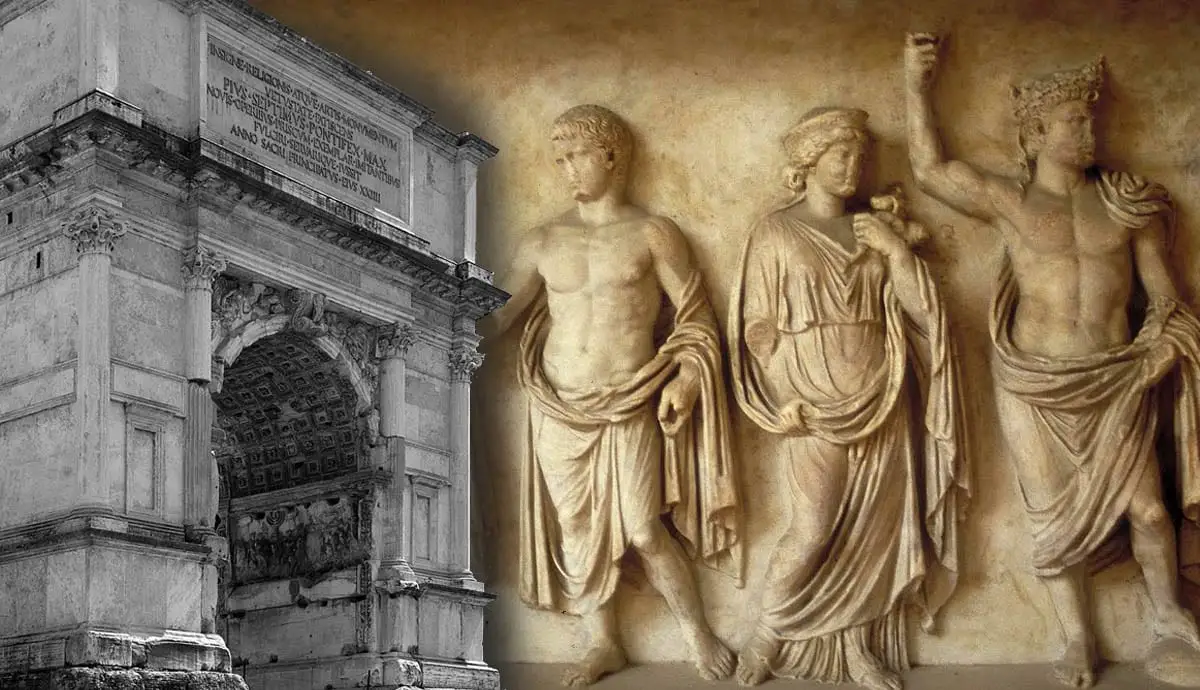The Flavian Dynasty stands as a pivotal period in the history of ancient Rome, marked by military conquests, monumental building projects, and significant political reforms. Spanning from 69 to 96 AD, the dynasty was founded by Vespasian, a seasoned military commander who emerged victorious from the chaos of the Year of the Four Emperors. Under the leadership of Vespasian and his successors, Titus and Domitian, the Flavian Dynasty ushered in a period of stability and prosperity, solidifying Rome's position as a dominant force in the ancient world.
Vespasian, the first emperor of the Flavian Dynasty, rose to power during a time of political turmoil following the assassination of Nero. Born into a modest family of equestrian rank, Vespasian distinguished himself as a capable military leader, earning the respect and loyalty of his troops. In 69 AD, amid the chaos of competing claimants to the throne, Vespasian's forces emerged victorious, securing his position as emperor.
Vespasian's reign was characterized by pragmatism and fiscal responsibility. He restored stability to the empire's finances, implementing reforms to address widespread corruption and inefficiency. Vespasian also initiated ambitious building projects, including the construction of the Colosseum, a monumental amphitheater that would become a symbol of Roman power and grandeur.
Following Vespasian's death in 79 AD, his eldest son, Titus, succeeded him as emperor. Titus is perhaps best remembered for his handling of the eruption of Mount Vesuvius in 79 AD, which buried the cities of Pompeii and Herculaneum under a thick layer of ash. Despite the devastation caused by the eruption, Titus earned praise for his swift and effective response to the disaster, providing aid to the survivors and overseeing the reconstruction efforts.
Titus's reign was relatively short-lived, as he died unexpectedly in 81 AD, possibly from natural causes or illness. He was succeeded by his younger brother, Domitian, who would become the final emperor of the Flavian Dynasty. Domitian's reign was marked by increased centralization of power and a focus on authoritarian rule. He implemented strict laws and policies aimed at maintaining order and loyalty to the emperor, earning him both supporters and detractors.
Despite his efforts to consolidate power, Domitian faced numerous challenges, including military conflicts and internal dissent. His autocratic tendencies and paranoia led to increasing tension within the empire, culminating in his assassination in 96 AD. With Domitian's death, the Flavian Dynasty came to an end, paving the way for the rise of the Nerva-Antonine Dynasty.
The Flavian Dynasty left a lasting impact on the history of ancient Rome, shaping the empire's trajectory during a period of significant political and social change. From the military conquests of Vespasian to the monumental achievements of Titus and the authoritarian rule of Domitian, the Flavian emperors played a crucial role in shaping the destiny of Rome and its empire.




